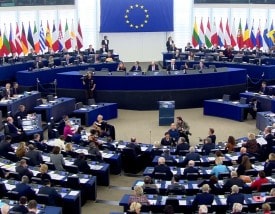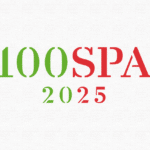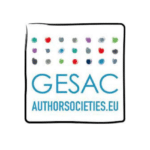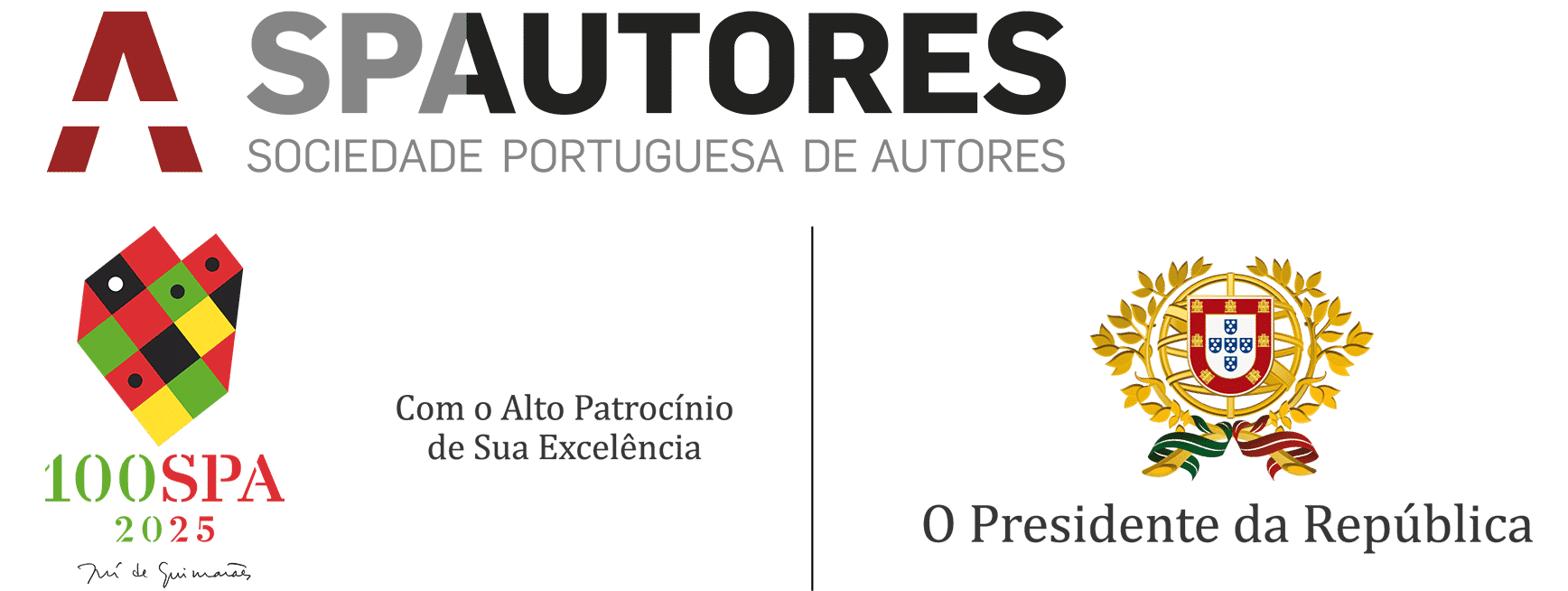The proposal for a directive on Copyright in the Digital single market presented by the Committee on Legal Affairs (Commission JURI) was rejected in the plenary vote of the European Parliament on July 5, fact that concerns the Portuguese Society of Authors (SPA), as well as other European copyright societies.
The SPA, in collaboration with the European Grouping of Societies of Authors and Composers (GESAC), which holds one of the vice-presidencies, have been tried to clarify and demystify information that has been manipulated by the directives’ opponents – big technology giants – which unfortunately have support of some political parties and MEPs.
The opponents of the directive argue that the proposal would result in censorship and restrictions to individuals’ freedom of expression, which would lead to the end of the Internet as we know it.
Advocates of this theory emphasize that the requirement to apply filters on unlicensed content would lead to censorship and would be a threat to consumers who would no longer be able to freely share files on these platforms. This is false information. Behind such arguments lies the attempt to maintain the well known phenomenon Transfer of Value, to which Article 13 of the Directive aims to put an end. Platforms like Facebook or Youtube, in most cases, show content without requesting authorization from their authors, and when they do, they pay a derisory or insignificant amount. In fact, they divert creation’s value to their own commercial interests, contrary to what happens with the digital platforms that pay authors a fair remuneration.
The proposal that is going to be discussed again in the European Parliament, does not foresee the payment of additional costs for consumers.
Digital platforms need to ensure conditions of fair remuneration when protected content is shared by its users. The vote for a directive on copyright in the digital single market is not about censorship or freedom of expression,it is about authors’ survival in the digital space / market. This is the only truth. Everything else are obfuscations made by those who want to profit at the expense of creators.
Several cultural and creative organizations believe that without adaptation of the existing rules, authors will be forced to choose different professions, which will lead to the end of a Creative Europe. It essential an update of copyright rules in the 21st century.
After all, copyright is a human right and a legacy of civilisation that we have the duty to preserve. Big digital platforms cannot get rich on the back of authors.
The SPA notes with satisfaction the positive role played by Portuguese government in this respect, and thanks all those authors and citizens who have expressed their support to this battle. SPA remains fully committed to passing the message that those who share their creativity with the world and deserve to be fairly compensated.
It is essential that all Portuguese MEPs realize the importance of this cause and on September 12 at at the plenary session of the European Parliament, vote for creativity and justice.
Lisbon, July 20, 2018





